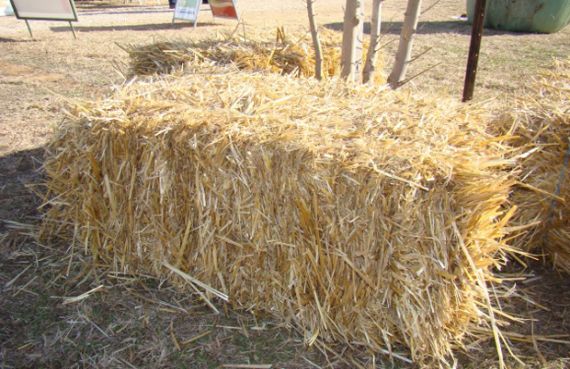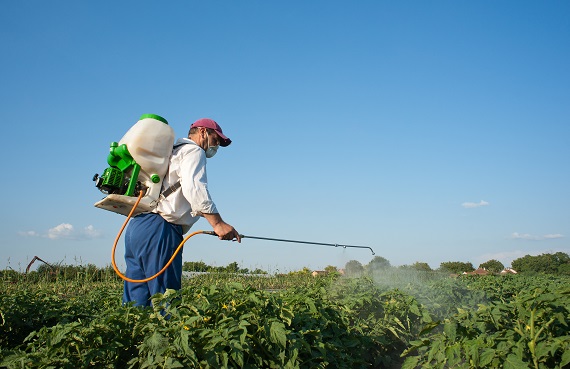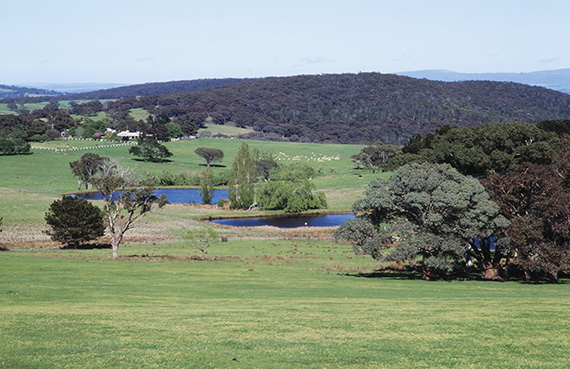
Primary producers
Biosecurity is good for business
Practicing good biosecurity means taking action to protect your property and business from the negative impacts of pests, diseases, weeds and contaminants.
Being biosecure will help:
- Provide NSW businesses and farmers good access to premium markets around the globe
- Deliver better yields and decrease costs of primary production
- Ensure you can provide locally-grown, safe food and fibre to the people of NSW
- Reduce yield and stock losses by weeds.
Everyday farming practices are all part of being weed biosecure. This includes:
- Good weed management
- Preventing the spread of weeds by checking materials and machinery when they enter and leave your property for unwanted hitchhikers
- Educating farm visitors on the importance of biosecurity
- Having a weeds management plan.
Your general biosecurity duty
As well as prescribing the rules for high risk biosecurity matter, the Biosecurity Act 2015 includes a biosecurity duty for primary producers and everyone who deals with biosecurity matter.
This means that all tiers of government, industry and the people of NSW need to work together to protect the economy, environment and community from the negative impacts of weeds.
This means primary producers and land managers need to:
- know about your biosecurity risks
- know what action should be taken to manage these risks (Your regional strategic weed management plan will provide guidance on the outcomes expected to discharge your duty)
- take effective action to manage the risks relevant to you.
Land managers and primary producers are supported in managing biosecurity by the department, Local Land Services, other public and private land managers, community members and peak industry bodies.
Visit the General biosecurity duty page for more information.
Case study
If a weed poses a biosecurity risk in your area, but is not the subject of any specific legislation, authorised officers of Local Control Authorities in your area may rely on the general biosecurity duty to manage that weed or prevent its spread. A Regional Weeds Committee would normally prepare guidelines or factsheets to guide the public in the best practice management and control of the weed.
Typically, property owners might be required to discharge the duty by controlling the movement of weeds onto and off their land by:
- finding out where products brought onto the property (such as fodder, soil, mulch or gravel) originated and taking steps to manage any risks from it,
- holding newly acquired livestock in a restricted area before releasing them onto the property,
- reducing the risk of weeds spreading to neighbouring properties, taking into account the likely means of distribution of the seed,
- holding stock in a weed-free area before transporting them off the farm if they have been exposed to weed seed,
- not selling feed, soil, gravel or other products that might contain weed seed.




